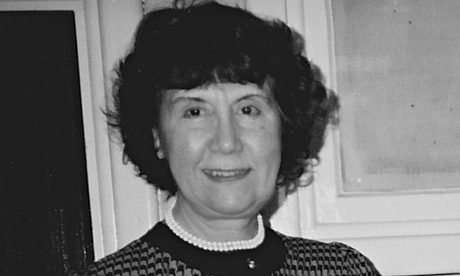
My friend Margaret Cooper, who has died aged 91, was an editor and campaigner who contributed greatly to awareness of cruelty to animals, and understanding of homeopathy.
Born in Northamptonshire, daughter of Charles and Mildred Cooper, Margaret was the eldest of three. She won a scholarship to Peterborough high school and during the second world war served as a postal and telegraph officer in Peterborough, transmitting coded telegrams. In 1950, she passed the civil service examination and entered the Foreign Office.
During the 1950s, she met Michael Fryer, who later became her husband, although Margaret kept Cooper as her professional name. The couple launched Crusade Against All Cruelty to Animals, aiming to extend awareness of human stewardship of the Earth and its animal life, and setting out a new vision for animal protection. They conducted early campaigns against the cruelty of whaling, battery farming and the inhumane condition of animals held in many zoos.
Margaret was involved in the educational work of the Crusade, and over 25 years gave many school presentations. After Michael died in 1989, she was elected chair, a position she occupied until 2002.
Another passion was homeopathy, and in 1978 Margaret formed the Hahnemann Society for the Promotion of Homeopathy, which later became part of the British Homeopathic Association. She served as non-executive director of the Royal London Homeopathic hospital (now the Royal London hospital for integrated medicine) from 1993 until 1999, when it became one of the first NHS trusts.
She was editor of Health and Homeopathy, the magazine published by the British Homeopathic Association, during the 1980s and 90s, and became involved in the work of Taufiq Khan, a podiatrist who had developed a therapy based on marigold extract. Margaret formed the Marigold Trust to promote the therapy and train podiatrists, subsequently setting up the Marigold clinic at the Royal London hospital for integrated medicine. She was a fellow of the Linnean Society, the world's oldest biological society.
Throughout her long and productive life, Margaret brought vitality and wisdom to bear on important issues. She was gracious, compassionate and warm.
She is survived by a brother.

